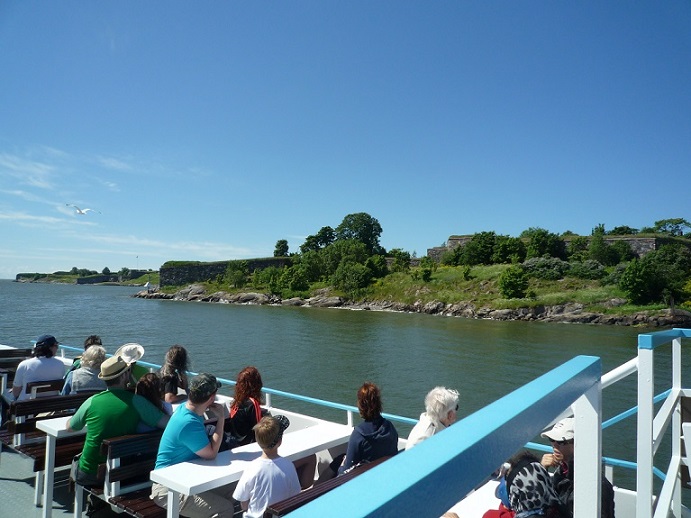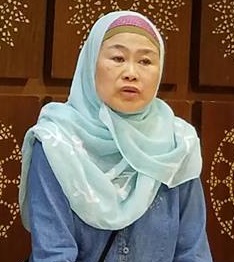Reflecting on a post-Aquino Philippines: Issues of poverty, private armies, corruption confront new president
Weeks before Filipinos go to the polls, diplomats, business executives, and analysts gathered at a Johns Hopkins campus to reflect on the administration of President Benigno Aquino III and examine the challenges confronting his successor.
Motoo Konishi, former World Bank Country Director for the Philippines emphasized the importance of addressing corruption and improving governance, protecting the population from climate change and environmental disasters and having peace in eliminating extreme poverty.
“The Aquino Administration has actively pursued these three objectives, said Konishi at the symposium “Philippines 2016: Governance, Growth, Development and Security” held April 28 at the Johns Hopkins School of Advanced International Studies. “Fighting poverty and eliminating poverty means that you have to know the poor, who they are and where they live, and your investments need to be targeted to those people. Fast growth doesn’t eliminate poverty, you have to choose your policies carefully.”
“The Aquino Administration focused on pro-poor policies,” Konishi further added, stating that the Philippine experience will be a highlight of the World Bank’s flagship World Development Report this year.
Senior official of the USAID Gloria Steele said the Filipino people are “looking forward to more changes and to the continuation of reforms that the Aquino Administration started.” She highlighted the accomplishments of the Aquino Administration in addressing transparency, corruption, tourism, infrastructure, education, and health.
However, she noted that “growth needs to be geographically dispersed throughout the country.” She underscored the need for improvements in airport infrastructure and quality energy regulations as the “two components of growth that the next administration can improve and focus on.”
Matthew Bohn of the Millennium Challenge Corporation expressed confidence that despite the challenges ahead, the Philippines will be able to sustain its growth and development largely because of the groundwork that the Aquino administration has set in place.
“The Aquino Administration has successfully put down deep and important roots for creating the conditions for (sustained) economic growth,” he said.
Professor Patricio Abinales of the University of Hawaii at Manoa said peace and security challenges remain in Mindanao attributing them to political dynasties’ use of private armies.
“For any lasting peace to happen in Mindanao, you have to eliminate the private armies,” he said.
He said further that the modernization of the Philippine air force, military and marine forces, and the deepening defense relations with the United States through the Enhanced Defense Cooperation Agreement (EDCA), and Balikatan exercises are some of the major accomplishments of the Aquino Administration.
Professor Ruth Wedgwood of Johns Hopkins called attention to the impending decision of the Arbitral Tribunal on the South China Sea where the Philippines and China have competing claims.
“Unilateral naming doesn’t change the status of a territory, sea or land,” she said. “China will be put in a very difficult position” considering the interest of ASEAN member countries in the case.
For his part, Ambassador Jose Cuisia said the Philippines is committed to be a “proactive, reliable and responsible ally of the U.S.” He said he looks forward to the Philippines under a new leader “continuing along its current path.” — Cristina DC Pastor










